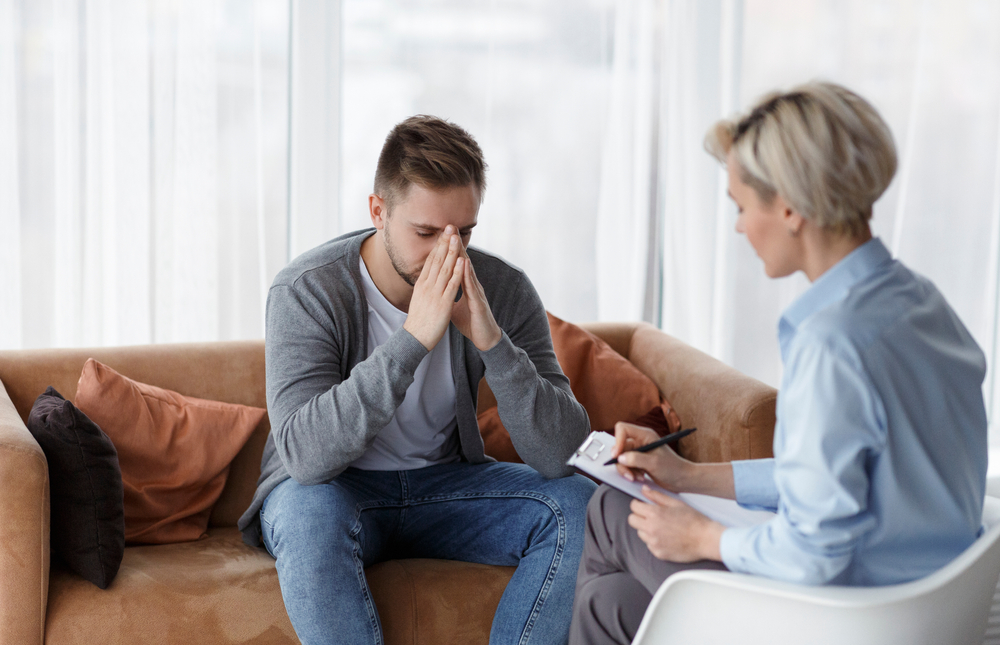Recovery from trauma is a deeply personal journey that often requires time, resilience, and intentional effort. While the pace of healing may vary from person to person—some may experience progress more quickly, others may take longer—what remains consistent is the importance of patience and self-compassion throughout the process. Healing from trauma is not about rushing toward a finish line; it’s about building a new relationship with your past and learning how to live more peacefully in your present.
During this journey, it’s crucial to acknowledge that you don’t have to go through it alone. Leaning on trusted loved ones, joining support groups, or simply talking to someone who understands can make a significant difference in your emotional stability and motivation. Other survivors can validate your experiences and remind you that healing is possible.
Just as emotional support is vital, so too is professional help. Therapists and counselors trained in trauma recovery can help you unpack complex emotions, process painful memories, and develop coping strategies that foster long-term mental wellness. Their guidance is especially important when symptoms become overwhelming or begin to affect your daily life.
Remember, healing from trauma is not a linear path. There may be setbacks and emotional flare-ups, but each step forward—no matter how small—matters. You deserve to feel safe, empowered, and whole again.
For professional help and personalized care, visit the best Mental Health Clinic in Brooklyn at Doral Health & Wellness, or learn more at www.doralhw.org.
Tips to healing from trauma
Healing yourself from trauma can be difficult. However, it is possible. Here are some tips that can help you heal from trauma:
- Take support:
Taking help and support from others is one of the best ways to heal. You may start your healing journey alone or with community support or individual therapy. But whatever route you take naturally, you have the best chance of recovering well if you take support.
Support from your loved ones, a support group, a therapist, or friends or colleagues can boost your progress in your recovery journey if you take their help.
- Look for the right help:
Now, you should look for the type of help you need according to your situation. If therapy seems a good option, look specifically for therapies like trauma therapy to ensure that it helps you recover from your trauma with the help of a therapist in the best way possible.
You can also look for a support group so that you can be around others who may experience similar situations and find an understanding community.
- Exercise regularly:
Studies show that exercise improves symptoms of PTSD. Also, it directly helps your healing journey because exercise or physical activity produces feel-good chemicals like endorphins in the body.
If you don’t like working out, you can take walks and do some other activities like bike riding or roller skating, yoga, playing sports, or enjoying a solo dance party. Anything that makes your body move will help you heal.
- Work with your feelings:
You need to address your feelings and start accepting them, to move forward in your healing journey from trauma. You may find it difficult at first, and you may get overwhelmed by different emotions (like anger or sadness), but that’s ok. It’s natural to have a wide range of emotions, even if some of them are new to you.
You can write down your feelings in a journal and look at them when you’re ready to accept them. Give it a try when you feel like it will be beneficial for you. If it doesn’t, it will still be helpful to manage stress and spend time with your feelings.
- Practice self-care:
Self-care not only reduces your stress but also makes you feel good. Practicing self-care throughout your healing journey by taking regular action to do things that make you feel good and love yourself.
Self-care acts can be very simple (and free!) like taking a bath, listening to music, playing with children, etc. The only thing that matters is that you take time aside to care for yourself, and do things that make you feel loved.
- Take breaks:
When moving towards healing, make sure you take breaks to avoid feeling tired more than usual. You may feel like you have physical energy but lack mental energy to do anything. This happens because healing from trauma takes a lot of energy.
The best way to deal with a lack of energy, whether physical or mental, is to be gentle with yourself. Take breaks, even from fun things, pause, and give yourself a moment. This will help you keep your energy up and ensure you don’t exhaust yourself.
- Practice mindfulness and meditation:
This one is a well-proven way that supports healing from trauma. Practice mindfulness is a method of experiencing life with a point of paying attention to each moment. Basically, it allows you to stay in the present moment with your thoughts and feelings about things that are for you physically.
Additionally, meditation and breathwork, along with mindfulness, can improve stress levels and help you relax and settle in your life, play a very important role in your healing journey.
If you need professional help with your trauma, visit our behavioral health clinic in Brooklyn, where friendly doctors listen to your concerns and treat you like a friend. All your concerns will be addressed here. For further inquiries, call us on +1-347-384-5690 to get a consultation. We have some of the finest psychiatrist doctors who listen to your concerns, examine your symptoms, and create a treatment plan to improve your condition as soon as possible. If you need help learning coping methods, register your information and make direct contact with our doctors and psychiatrists to learn those methods, log on to www.doralw.org. Visit us at 1797 Pitkin Avenue, Brooklyn, NY 11212.






